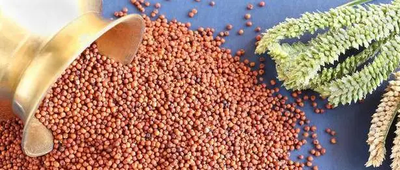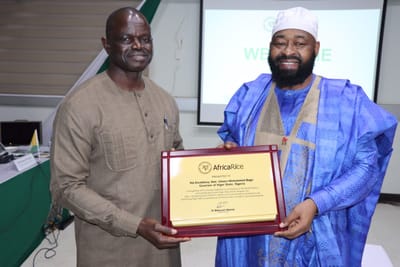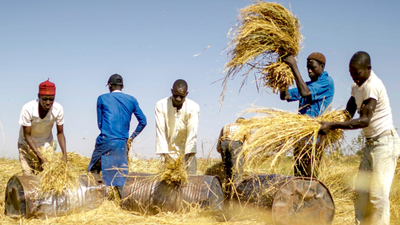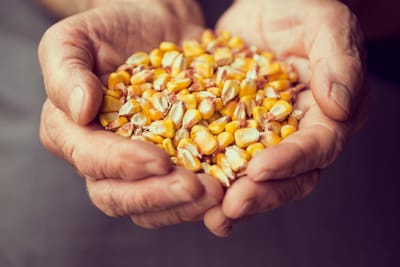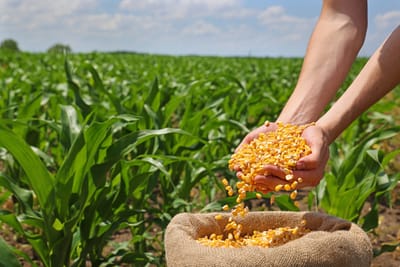MAIZE #Supply
- Growing Demand: The demand for millet in Africa is increasing due to its nutritional benefits, gluten-free properties, and drought resistance. Countries like South Africa, Kenya, and Nigeria are driving this growth.- Market Size: The global millet market size was estimated at $36.94 billion in 2023 and is projected to reach $55.71 billion by 2030, growing at a CAGR of 6.2%. Africa is expected to play a significant role in this growth.-
Read MoreTunisia’s recurring soft wheat tenders aren’t just a local story—they’re a bellwether for global agricultural markets. As the North African nation scrambles to secure its wheat supply against a backdrop of drought, domestic production shortfalls, and geopolitical shifts, investors are being handed a unique opportunity to capitalize on structural demand trends in global commodities.Tunisia’s wheat imports have surged in recent years, with the 2024/25 season projecting a staggering 1.8 million metric tons of imports to meet domestic consumption of 2.89 million metric tons. This dependency isn’t a temporary fix—it’s a structural shift driven by three key factors: 1. Domestic Production Constraints: Tunisia’s wheat output remains stubbornly low, averaging 1.25 million metric tons annually. Droughts and soil salinity issues in key growing regions like Kairouan and Sousse have made self-sufficiency a distant dream.
Read MoreThe centerpiece of this collaboration is Niger State’s bold vision to increase annual paddy production from the current 1.5 million tons to an unprecedented 10 million tons by 2030. This six-fold increase represents one of Africa’s most ambitious agricultural transformation targets and positions Niger State as a critical player in Nigeria’s journey toward rice self-sufficiency.“Through this strategic partnership with AfricaRice, Niger State is committed to transforming our entire rice value chain to dramatically increase yields and production statewide. With rice being a staple food for millions of Nigerians, this partnership presents a golden opportunity to scale up proven innovations and finally achieve the rice self-sufficiency our nation deserves.” stated H.E. Hon.
Read MoreNigeria plans to double its soybean cultivation area by 2027 to improve food security, reduce imports, create jobs and boost the country’s export potential. The plan, implemented under the recently adopted National Soybean Policy and Strategy, aims to expand the current soybean area from less than one million hectares to two million hectares. The expansion is expected to produce an additional 460,000 tonnes of soybeans annually, significantly reducing the country’s production deficit, Chem Analyst News reports.
Read MoreThe German Government has inaugurated the Carbon Offsetting Rice Emissions (CORE) project to support 12,000 smallholder farmers in climate-smart rice production across Benue, Nasarawa, and Kano States.
Read MoreSOUTH AFRICA – South Africa’s trade surplus has fallen sharply, dropping by R34 billion (US$1.89 billion) in a single quarter, largely due to weaker mining outputs and a notable decline in maize exports, according to the latest figures from the South African Reserve Bank’s balance of payments report.
Read MoreZimbabwe has recently reinstated a maize import ban (end of August 2025), citing a bumper harvest which has made the country largely self‑sufficient for its milling/corn demand.
Read MoreMarket forecast to grow to 233K tons and $860M by 2035 despite a recent slowdown Ethiopia, Democratic Republic of the Congo, and Egypt lead in both consumption and production Uganda, Kenya, and Cote d'Ivoire have the highest per capita consumption rates Namibia is the largest importer by volume, while South Africa's exports command the highest price Intra-African trade is modest, with exports from Kenya, Uganda, and South Africa dominating.
Read More